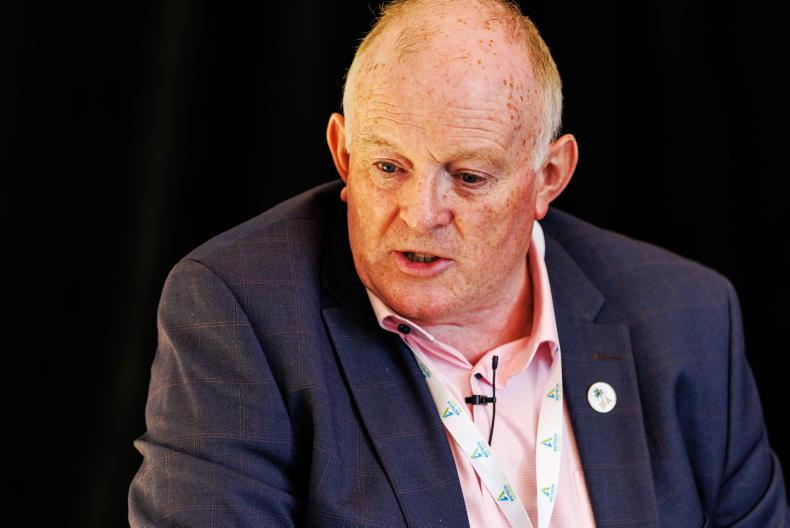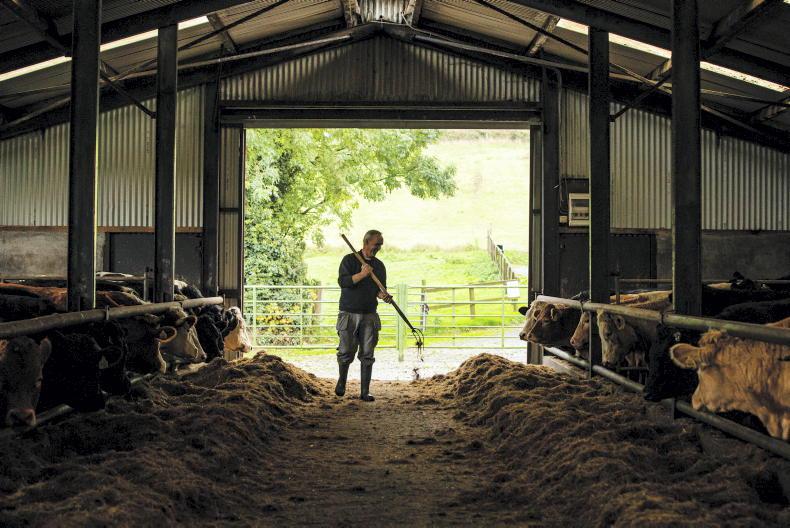There is growing concern among the agri industry that consumers have lost trust in farmers and the food they produce. The last panel discussion of the annual ASA conference dealt with how agriculture should address this.
John Roche, an adviser at the Ministry for Primary Industries in New Zealand, said that educating people was not the same as engaging them about their concerns.
“Education in itself is the provision of information. People aren’t necessarily interested in hearing what you know," he told the Irish Farmers Journal. "They’re interested in understanding if you actually care about them, then they trust you and they’re willing to accept the information that you have. That’s engaging them.”
He said there was a belief that all the industry had to do was provide the consumer with this information. This, he said, was called extension, but what agriculture really needed was adoption.
“We have to get them to believe that we do have their best interest at heart, that we do have the best interest of our animals at heart, that we do have the best interest of their food safety at heart and from there if they trust us, and we can maintain that trust, then I think we have consumers for life,” he said.
Flexitarians
Zoe Kavanagh, chief executive at the National Dairy Council, said where the dairy industry faced this issue of consumer trust the most was among young millennials.
She said that consumer trends showed a growing number of “flexitarians” rather than vegetarians. This group of consumers sought to limit rather than exclude dairy from their diet and that it was more important to focus on them.
Labelling was referenced as one of the key ways of doing this. Padraig Brennan, director of markets at Bord Bia, said this was something the quality assurance mark sought to do.
He said 90% of consumers had awareness of the mark and that 70% of those associated it with quality. He added rather than the mark itself it was what the mark said or stood for was the most important.









SHARING OPTIONS